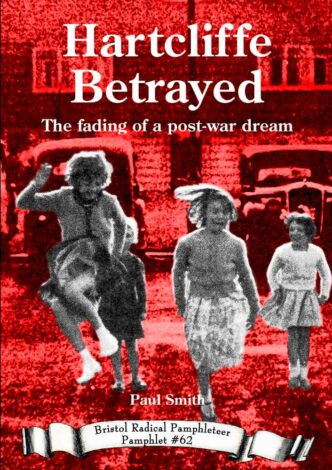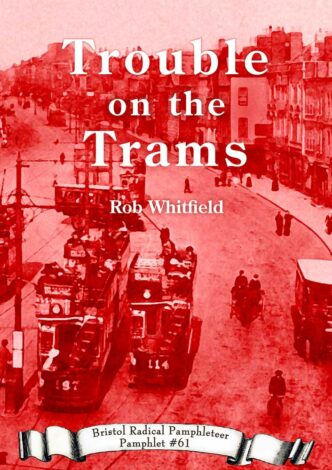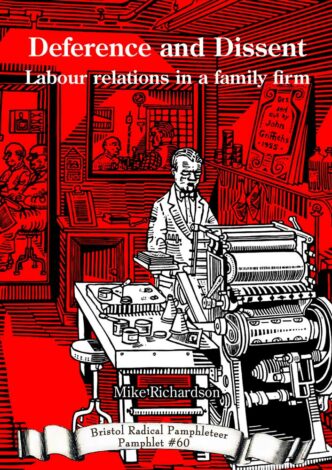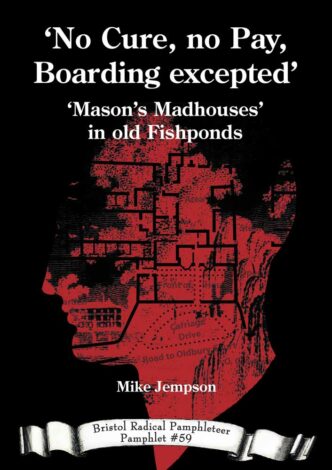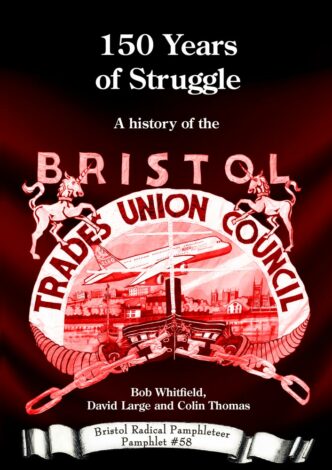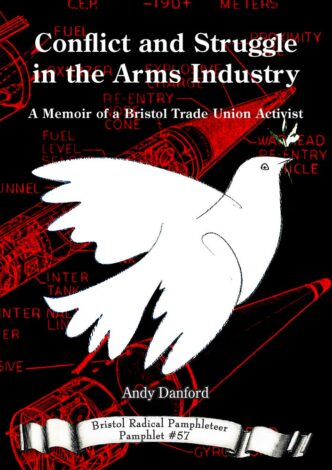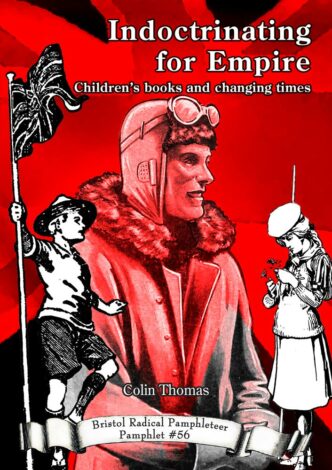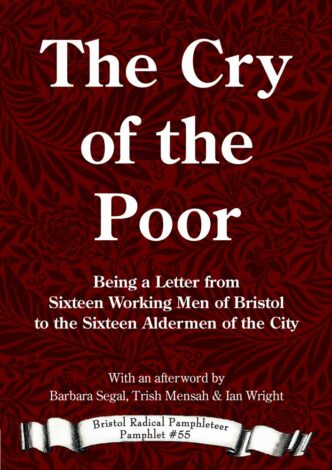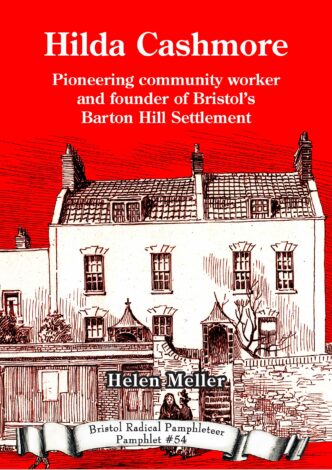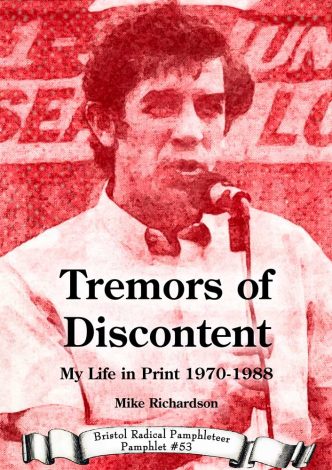How a garden city became a housing estate, 1943-1963. A salutary lesson for current planners can be drawn from this detailed examination of the failure of an ambitious project in the immediate post-war environment to live up to its expectations. Houses were desperately needed: What principles should underpin a new ‘settlement’? Where should the houses go? Who were they for? And what provision should be made for the likely political and financial changes over the timescale of the project? […]
The fight for union rights. In the early twentieth century, workers could be sacked by their employer with impunity simply because they had joined a trade union. Such was the situation for those who worked on Bristol’s trams. In Trouble on the Trams, Rob Whitfield recounts how the drivers and conductors fought back when nearly one hundred of their number were dismissed in 1901. Using contemporary newspaper reports and the company’s own records, he details this dispute and those that were to […]
J. W. Arrowsmith Ltd, 1855–1927 Deference and Dissent provides a window into the working lives of compositors, letterpress machinists, and bookbinders and their relationships with their employer. It looks at their collective voice, disputes, strikes, workplace culture, mechanisation of typesetting, as well as the impact of other significant factors such as the First World War and the economic slump in the early 1920s. Mike Richardson’s work contributes to understanding the complexity of the […]
Long before the NHS, those who did not fit ‘the norm’ were consigned to workhouses or to private lunatic asylums. The latter provided a profitable business opportunity, as the wealthy were only too keen to offload family members whose behaviour was inconvenient. It was a system open to abuses that Daniel Defoe and others were keen to expose. In the Fishponds area of Bristol, one family lived off the proceeds for more than a century. The revealing tale of ‘Mason’s Madhouses’ explains what life […]
1873-2023 In 1973, Bristol Trades Union Council marked its centenary year. Bob Whitfield and the late David Large wrote its history for the Bristol Historical Association and BBC Bristol screened 100 Years of Struggle, a film produced by the Council and directed by Colin Thomas. Now, in 2023, to celebrate the Trades Council’s 150th anniversary, Colin has brought the story up-to-date. This booklet incorporates the BHA pamphlet, extracts from the BBC film and an update on the last fifty years.
In this important memoir, Andy Danford brings to life his experience as a worker and senior union representative in Bristol’s arms industry during the 1970s and 80s. During these two decades life on the shop and office floors, and the strength of workplace trade unionism, shifted dramatically, as the advent of Thatcherism marked the beginning of the sustained attack on worker and union rights which extends to this day. Against this background of change, this memoir provides a rich account of the […]
The story of how we came to have this Empire is a wonderful tale of adventure and romance Major General Baden-Powell in Scouting for Boys Many children’s ‘classics’, some still in print, glorify the British Empire. In this essay, Colin Thomas argues that they help to perpetuate racist attitudes which only recent children’s books have begun to challenge.
"Being a Letter from Sixteen Working Men of various trades, to the Sixteen Aldermen of Bristol." This impassioned and lucidly argued letter, written in 1871, set out demands for improvements to the quality of life for Bristol’s working people: clean air, parks, bathing places, libraries, a fish market and an end to bridge tolls. Over the subsequent 20 years most of these demands were met. However, 150 years on from that letter we find ourselves fighting to retain some of those historic gains, in […]
Hilda Cashmore (1876-1943), her life and community work in Bristol and beyond. Over 100 years since its foundation, Bristol’s Barton Hill Settlement is still operating as an important community hub in the city. This book tells the story of its first warden, Hilda Cashmore, her campaign to establish the Settlement, and her approach to social work as exemplified by its activities in its early days. But Cashmore’s commitment to providing social care went far beyond Bristol. The book covers her […]
While there are many academic studies of workers’ resistance and consciousness during the 1970s and 1980s, few accounts relate the personal-political experiences of the activists involved. Tremors of Discontent, however, explores how Mike Richardson’s individual consciousness came to change during that period. It shows how gradually his participation in trade union and left politics broke through his boyhood reserve, intensified by the external political, economic and social circumstances. By […]
